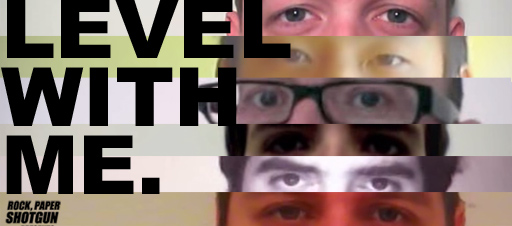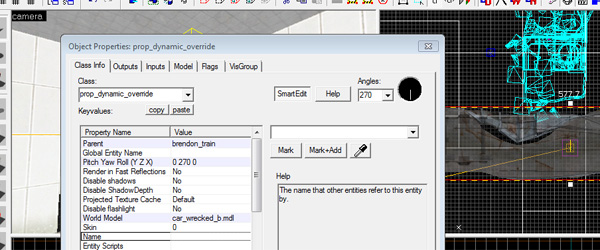Just a brief update here -- I recently had the honor of participating in Rock Paper Shotgun's "what's on your bookshelf" interview series.
It's one of my favorite gaming journalism things happening at the moment, full of interesting book recs and observations from smart people like Alice Bell, Josh Sawyer, and Xalavier Nelson Jr. Check out the full series listing here.
The implication is that I too am also a Smart One. And indeed filling out the questionnaire made me realize I mostly read non-fiction these days. I suspect an English literature degree turned me into a snob. I'm so disconnected from modern popular book culture (e.g. BookTok) where some game devs like Holly Gramazio are making new careers as authors writing fun books that people actually read. I'm jealous! I want to read and write fun things too!
re: the unannounced rugby project, it remains unannounced. It's intended to be a more commercial game, and in business-land apparently you're supposed to be careful about when you start talking about something. All I'll say is -- I've been interested in horniness and sports for a while, and embracing sport is probably one of the next big "trends" in queer culture. Hopefully this game won't miss the peak.










